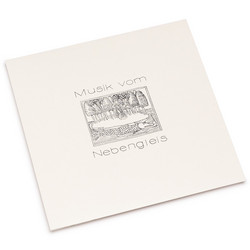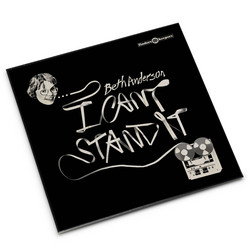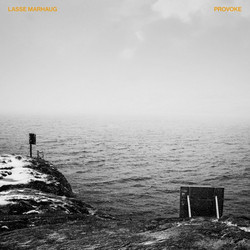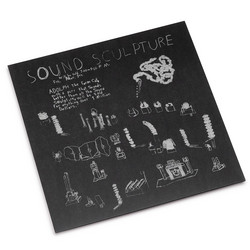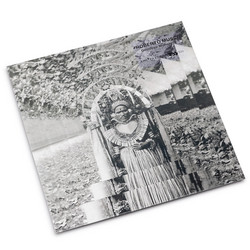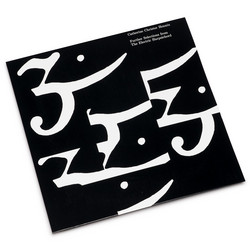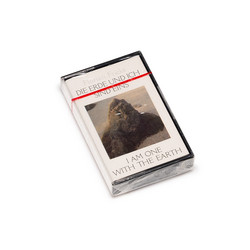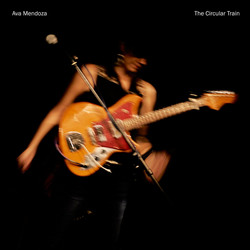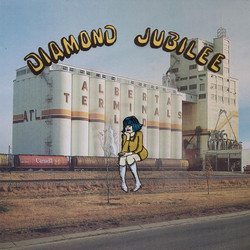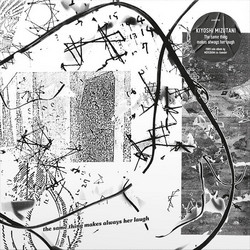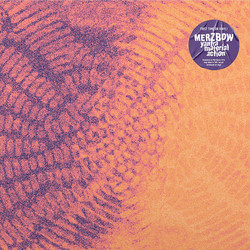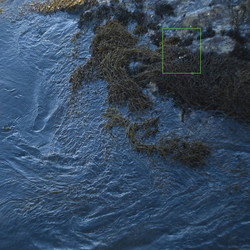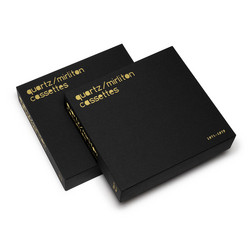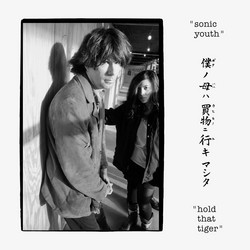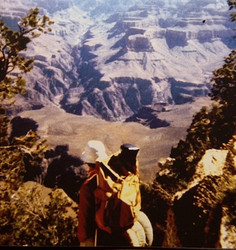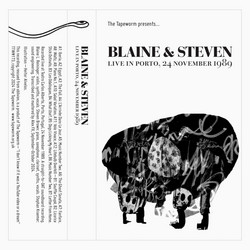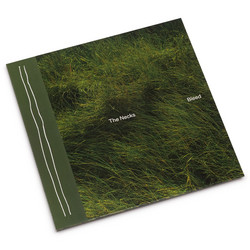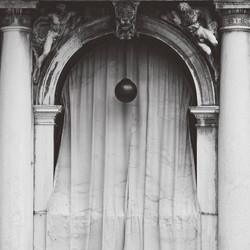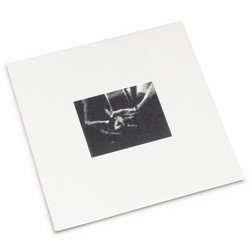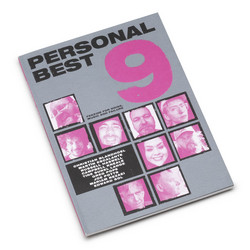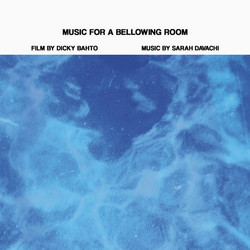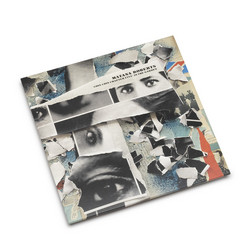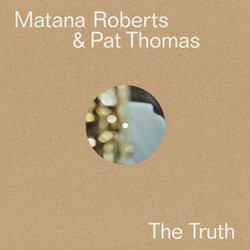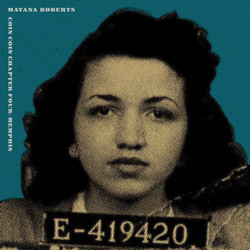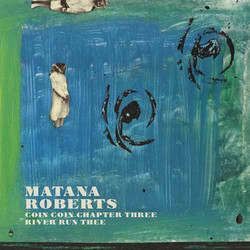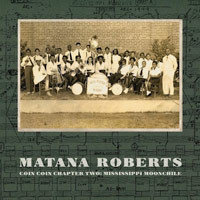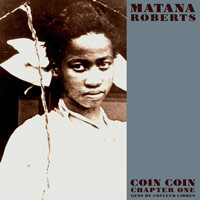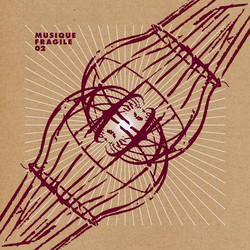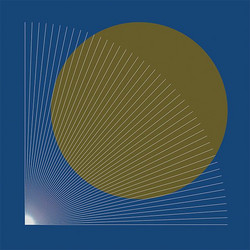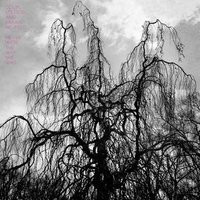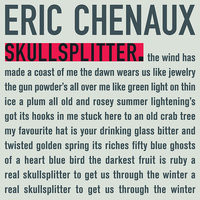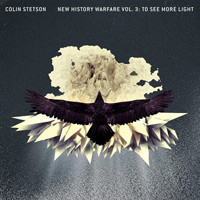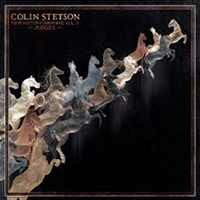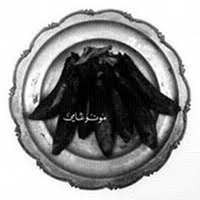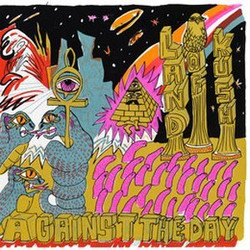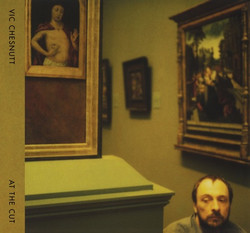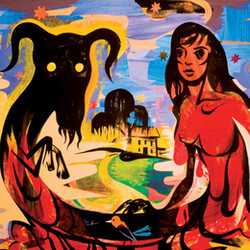Matana Roberts
Coin Coin Chapter Three: River Run Thee
"River Run Thee" is the third installment in Matana Roberts’ visionary Coin Coin series. The album follows 2011’s "Gens de couleur libres" and 2013’s "Mississippi Moonchile", both genre-exploding ensemble works showered with widespread critical acclaim.
With Chapter Three Roberts presents a solo work, building a hallucinatory and hypnotic soundworld from layered streams of sung and spoken vocals, pure and processed saxophone, drones, noise, sampler/fx pedals and field recordings. Coinciding with the new album, Matana will be living on a tiny houseboat in Brooklyn for the next several months, and has launched a new blog to act as a sort of “digital ship’s log” where she’ll gather observations and reflections that further develop themes presented on the record.
"To that end, river run thee suggests that Roberts is her generation’s rejoinder to Laurie Anderson, another wide-screen thinker who combined her instrument, voice and tale with the sounds and stories of others to ask questions so large that easy answers might not be found. But where Anderson could feel cool and clinical, Roberts takes care to be urgent and intimate. Though this set is a solo construction, where only she speaks and sings and vamps with her saxophone and synthesizers, it is absolutely not an interior map or a diary given sudden voice. Roberts instead pulls across generations and geographies, so that the confessions of a slave-trader neighbor the convictions of Malcolm X and the sound of a lonely saxophone telling the news of the blues tangles with the screech of a subway car and a newborn baby crying. It’s hard not to think of Roberts driving through the South, collecting and observing the experiences of others. In crossing theirs with her own, her work becomes an overwhelming chorus instead of an isolated monologue. This suffering is not meant to exist in a vacuum.
Late into river run thee, during one of the album’s more placid moments, Roberts declares, "I like to tell stories." The admission might suggest an easy key to the world that Roberts is building with COIN COIN. But it seems too reductive, really, not unlike calling her a mere musician. She collects stories, analyzes them, and then transmogrifies them, aggregating bits of material until anecdotes become open-ended, elliptical histories. Roberts knows that any story, just like jazz, is only an initial approach to something much more broad and important. Three albums into COIN COIN, it’s now clear that Roberts isn’t just a storyteller, musician, ethnographer, historian, bandleader, arranger, improviser, or activist. She plays all of those roles, yes; collectively, they power one of the most provocative ongoing bodies of work by any American musician." Pitchfork
